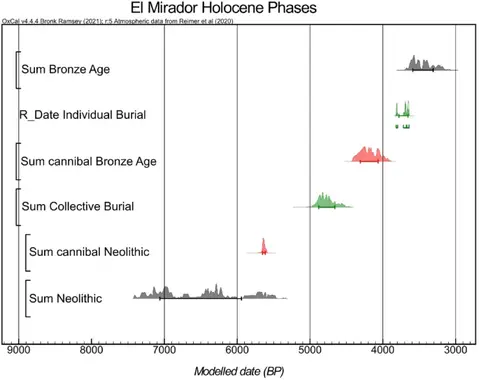T4K3.news
NHS heat related deaths spark cooling debate
Data on heat related deaths in care homes and hospitals prompt calls for legally required cooling in care homes and heatproof NHS wards.

New data shows almost 1,000 heat related deaths in care homes and hospitals, prompting calls to heatproof the NHS with stricter cooling rules.
Air conditioning demand grows amid NHS heat deaths
New data from the House of Commons Library shows nearly 1,000 excess deaths linked to heat last year across hospitals, care homes and private homes. The Liberal Democrats are pressing the government to heatproof the NHS by mandating air conditioning in care homes and creating a task force to ensure cool wards in hospitals.
The figures break down to 496 deaths in care settings and 473 in hospitals in 2024, with more than 350 deaths occurring at home. A Department of Health and Social Care spokesman said the reporting relates to deaths with complications attributed to heat, not deaths caused directly by excess heat in NHS buildings, and defended the data as a climate risk rather than an in building heat problem.
Key Takeaways
"It is appalling to think of our most vulnerable dying in what are meant to be safe settings"
Helen Morgan, Lib Dem health and social care spokeswoman
"These figures refer to patients who have died from complications attributed to excess heat, not deaths caused by excess heat in NHS settings"
Department of Health and Social Care spokesman
"Cooling wards in hospitals and air conditioning in care homes are not luxuries, they are safeguards"
Lib Dem policy stance on cooling measures
The call for cooling upgrades exposes a funding dilemma. Upgrading aging NHS facilities and care homes will require upfront spending and ongoing maintenance, yet the potential saving in lives and reduced strain during heatwaves could justify the cost. Political support will hinge on whether parties can frame cooling as a health and economic priority rather than a dispute over budgets.
Beyond buildings, the idea of cool hubs and guaranteed cool wards moves climate resilience into a broader social program. The challenge is turning policy talk into timely action, securing funding, and coordinating between health and social care bodies while avoiding public backlash if promises lag.
Highlights
- Cooling is patient safety not a luxury
- Heatproofing the NHS should be a policy minimum
- Care homes need reliable cooling to save lives
- A safer NHS starts with guaranteed cool wards
budget political public reaction risk
The push to require cooling in care homes and to fund hospital cooling upgrades raises questions about upfront costs, ongoing maintenance, and who bears the financial burden. Campaigns and policy clashes could trigger political backlash and affect public perception of government priorities.
Officials must turn data into durable protections that survive political cycles.
Enjoyed this? Let your friends know!
Related News

Seven supplements to avoid in hot weather

New-build homes in the UK suffer from severe overheating

New evidence reveals cannibalism in ancient Spain

Medications can increase heat illness risk

Experts share tips to fend off mosquito bites

Lil Tay earns over $1 million on OnlyFans just after turning 18

UK tourists warned of extreme heat in Greece

Crufts trainer avoids jail after dogs die in hot car
